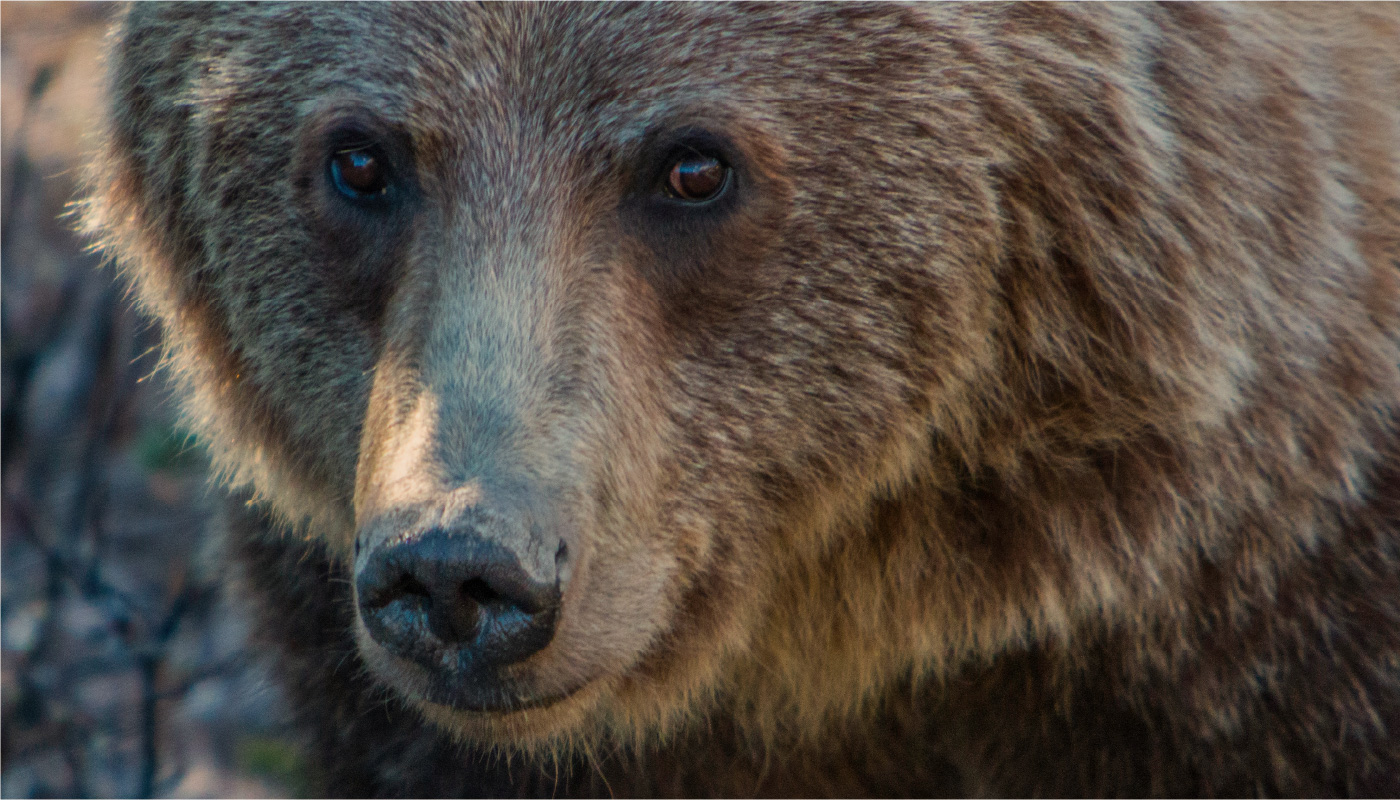“Path-maker, there is no path; you make the path by walking, by walking you make the path.”
Antonio Machado
The story of caribou in the Yellowstone to Yukon region
Mountain caribou are an important part of what makes the Yellowstone to Yukon region so special. Some even consider caribou to be an iconic representation of the region.
Twice every year, many southern mountain caribou ascend and descend the mountains of British Columbia (B.C.) and – until recently – the northern U.S., while the Porcupine herd advances across the rugged Yukon landscape on their famed migration.
In its formal meaning, ‘journey’ suggests a passage from one place to another. Often, that journey isn’t a straight path; rather, it contains periods of plodding alone, times when nothing much is happening at all, and the marking of milestones along the way, sometimes collectively.
Things don’t always go as planned, either. Caribou in the Yellowstone to Yukon region reflect not only the literal ups and downs of a journey, but also the bumpy steps in the road to recovery.
A decades-long journey
Mountain caribou’s first brush with human-related challenges was connected to a wave of settlement that swept over North America.
In B.C., railroad construction began and caribou were hunted in vast numbers, both by and for the railway workers. In the 1970s, large-scale commercial logging of old growth forests prospered in both countries, contributing to the destruction of caribou habitat.
After many decades of consistently increasing activity on the landscape, road-building, and back- and front country recreation, the now endangered mountain caribou’s continued existence is uncertain.
Candace Batycki, Y2Y’s B.C. and Yukon program director, has been one of the many individuals steadily working to protect caribou for decades.
“Caribou have needed our help for a long time, but the accumulation of activity and development on their landscape has only made their situation worse,” says Batycki. “In the 60s, people created caribou management plans. My own journey with caribou started almost thirty years ago in the 90s when these management plans sadly needed to evolve into caribou recovery plans.”
Over the years, the story of the southern mountain caribou hasn’t improved, and less so recently; which is why in March 2019, Saulteau and West Moberly First Nations announced they had negotiated a partnership agreement with the B.C. and Canadian governments to protect and recover caribou in central B.C.’s Peace Break region.
However, the agreement, along with a larger framework for recovery of the species, hasn’t yet been signed by the province of B.C.
The longer habitat protection is delayed, the less likely that the southern mountain caribou can be saved. Last summer we witnessed the loss of the transboundary South Selkirk herd. Time is ticking.
Taking the sunny road
Sounds a bit daunting, doesn’t it? That’s why we choose to focus on hope, because all journeys contain reasons for hope.
The groundbreaking agreement between the two First Nations, B.C. and Canada is a huge step forward in recognizing Indigenous culture and rights. The hard work of these and other Indigenous communities has been instrumental in advocating for caribou recovery.
The Klinse-Za Caribou Maternal Pen project — an initiative of the West Moberly and Saulteau First Nations and in partnership with Y2Y among other entities — has shown success to-date with 13 mountain caribou calves born this year.
One of the brightest rays of hope? Thanks to your letters, your donations and your social media involvement, you helped make the protection of mountain caribou habitat an issue.
We have already rallied more than 1300 letters, emails and postcards supporting the agreement.
Putting the ‘care’ back in caribou
Human beings are at a crucial fork in the road: science tells us that caribou need protection, but can we adjust our lifestyles to save the lives of other species?
The southern mountain caribou need your unwavering support on their journey. There are a few ways you can help right now:
- #StandUpForCaribou – Voice your concern using our simple letter-writing tool.
- Y2Y and its partners are working hard to advocate for caribou. Donate to support our efforts.
With your help, at Y2Y we are confident we can maintain and restore mountain caribou populations, an animal now only found in the Yellowstone to Yukon region.
What matters is that we continue to check our compass and keep moving in the best direction possible.


